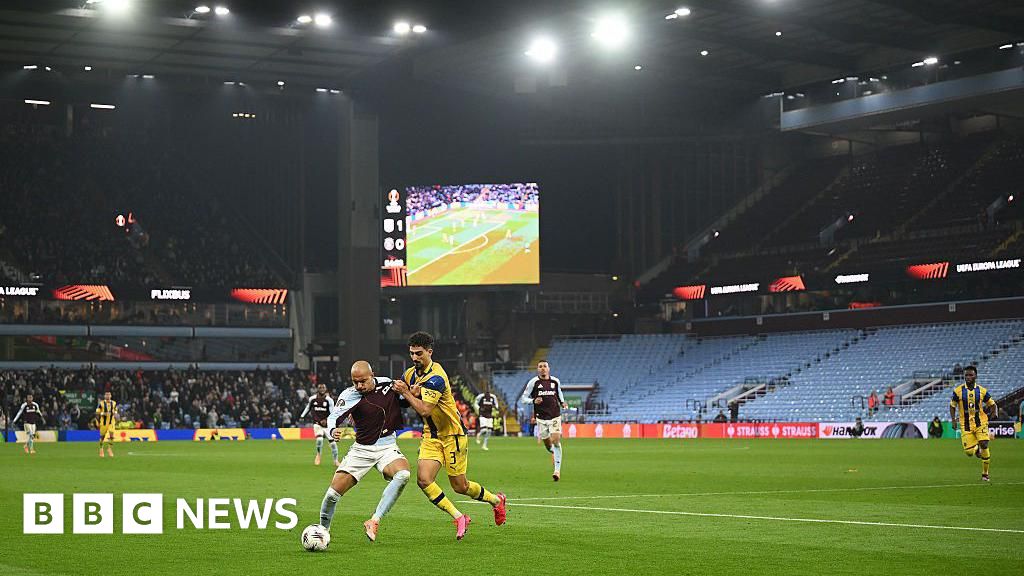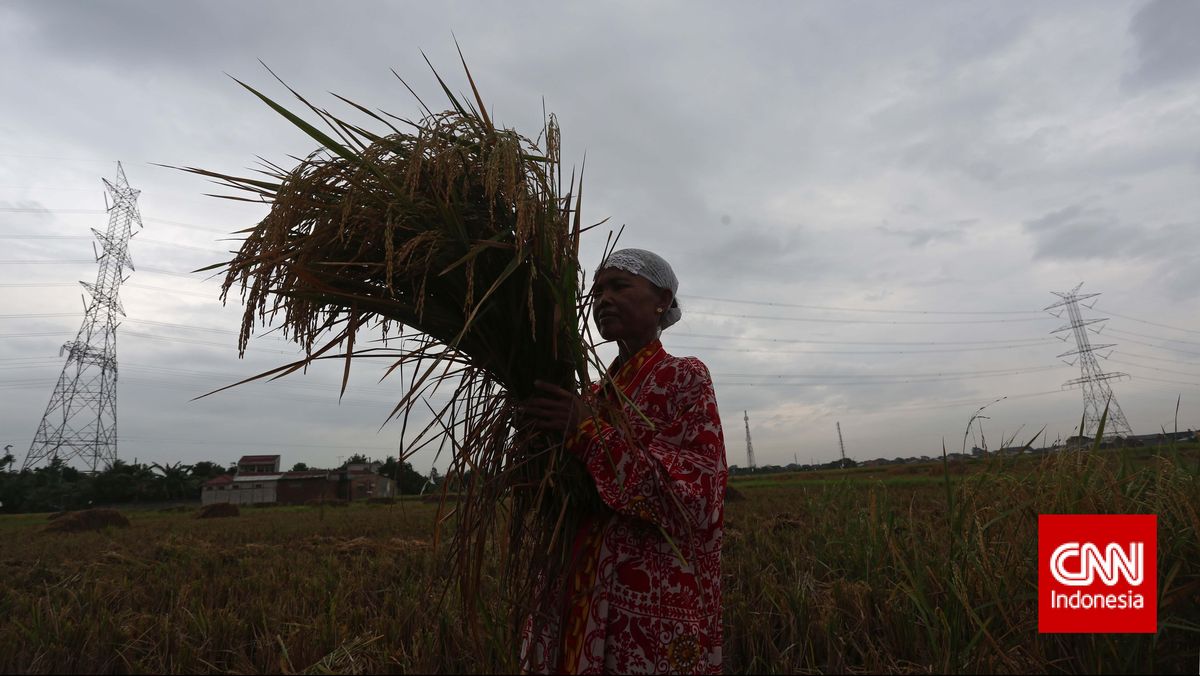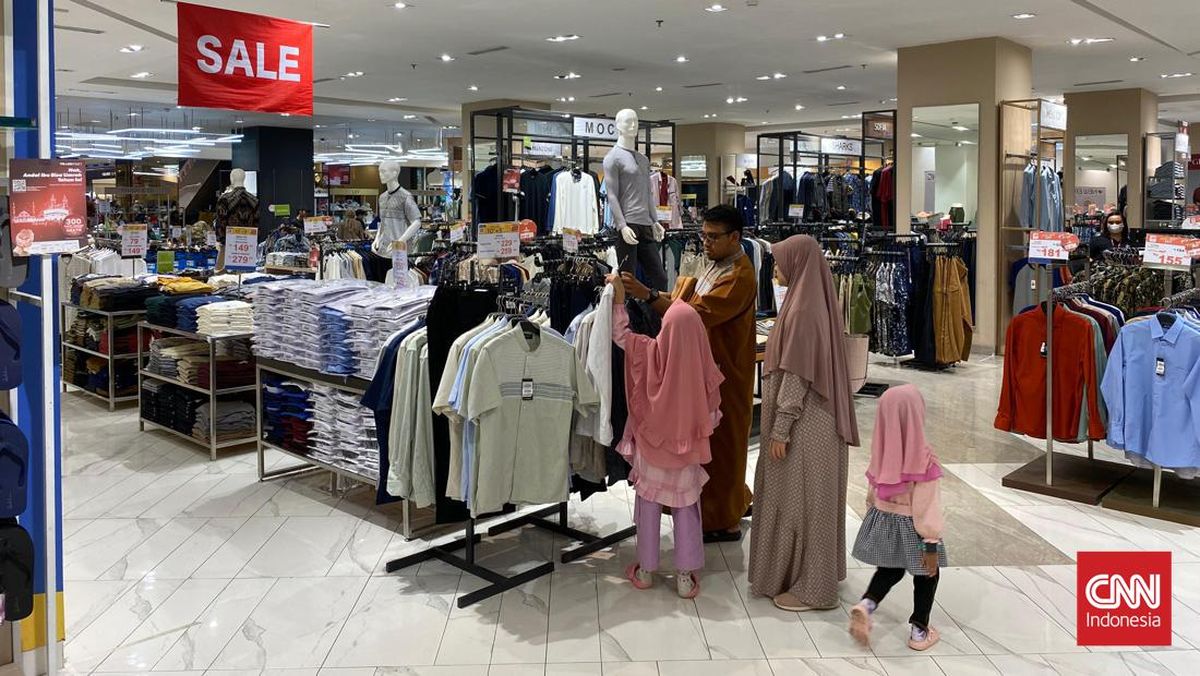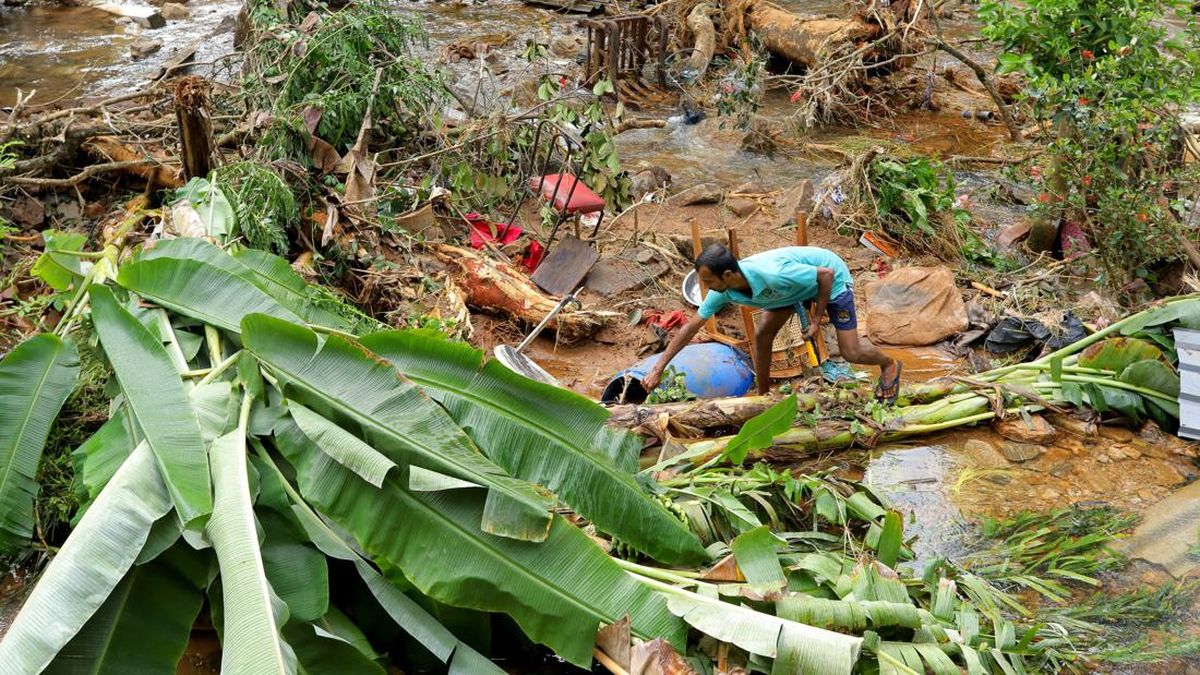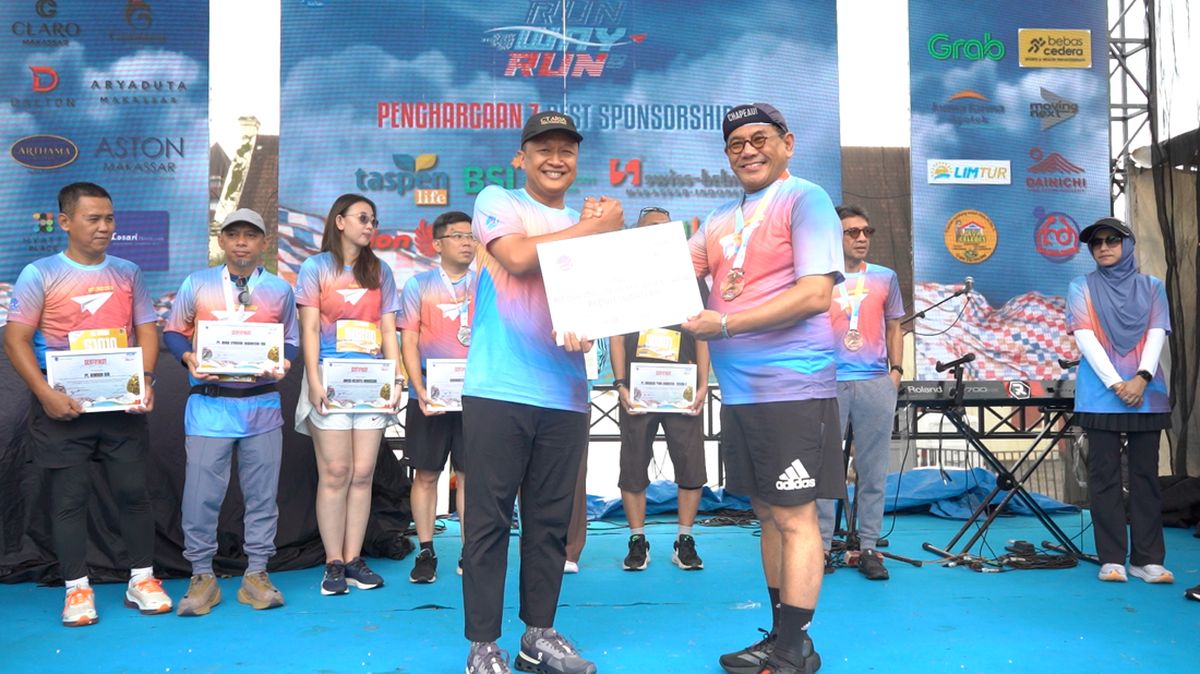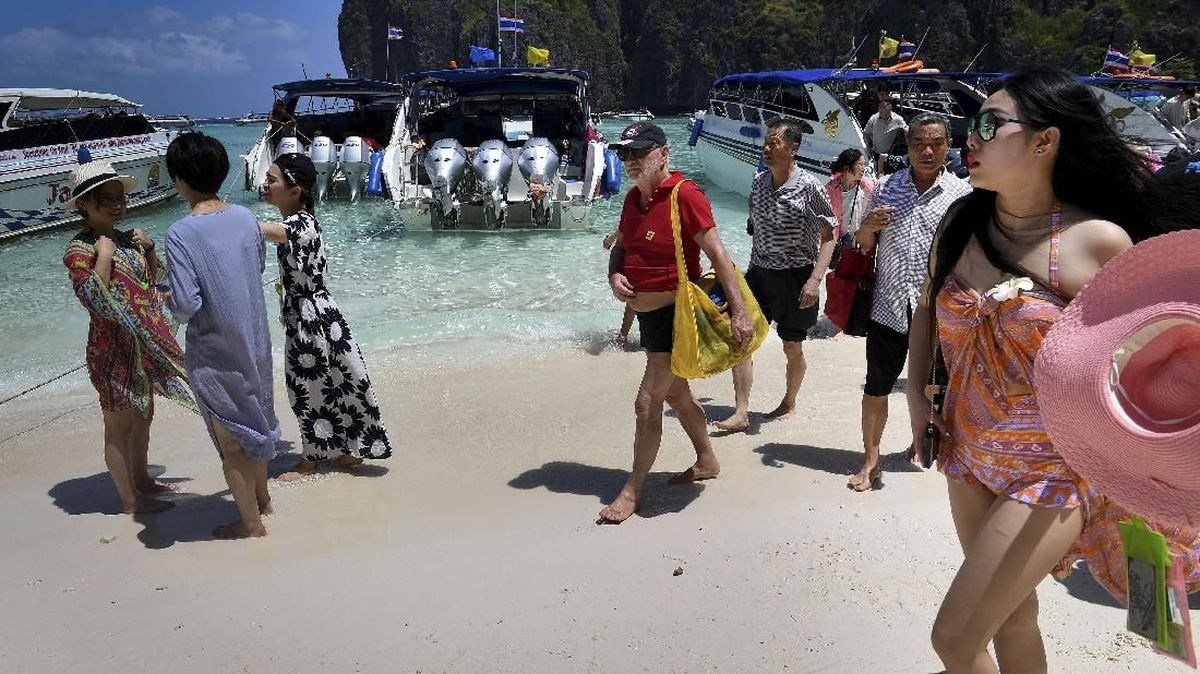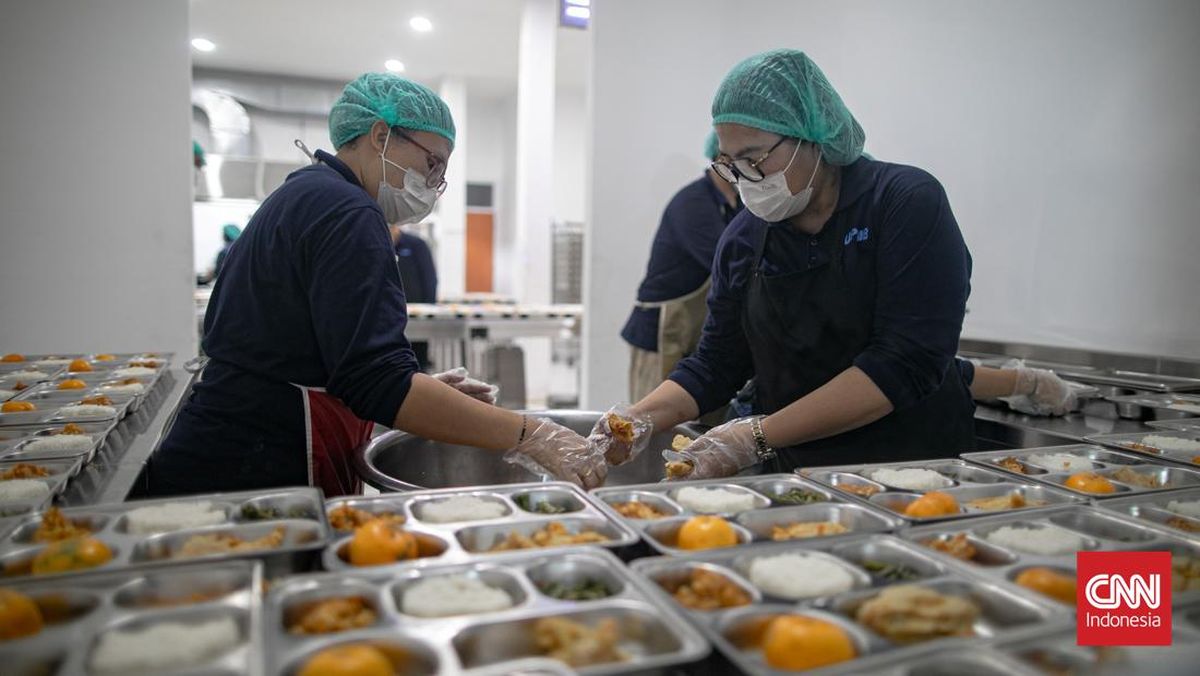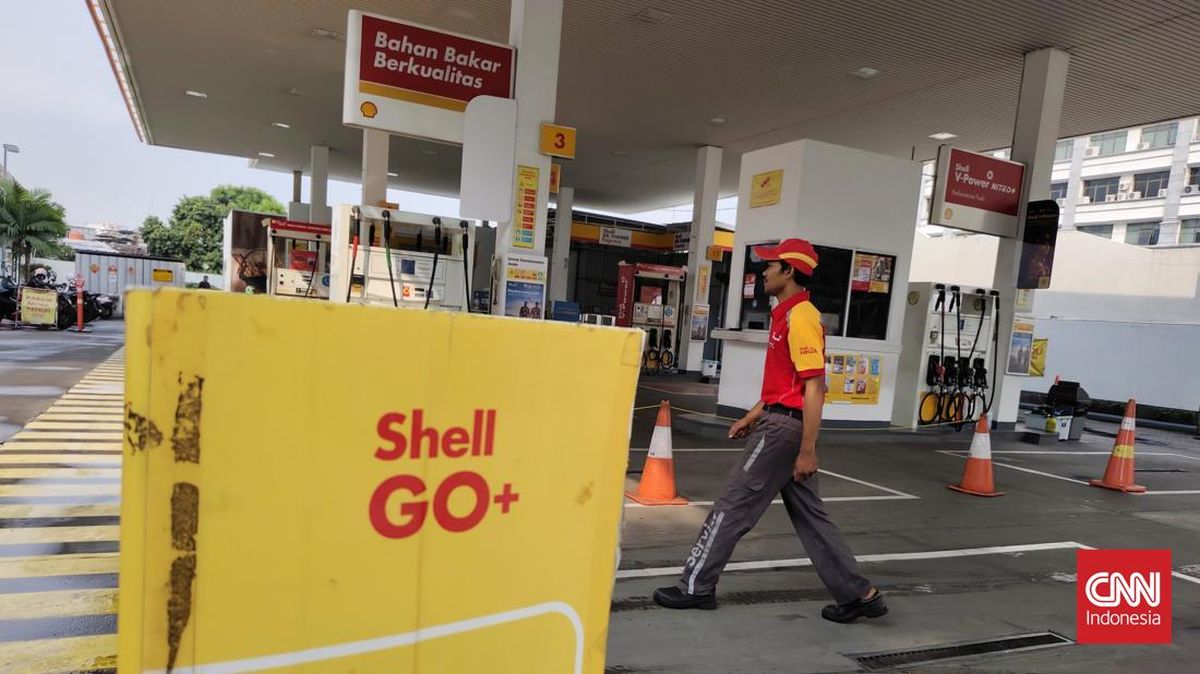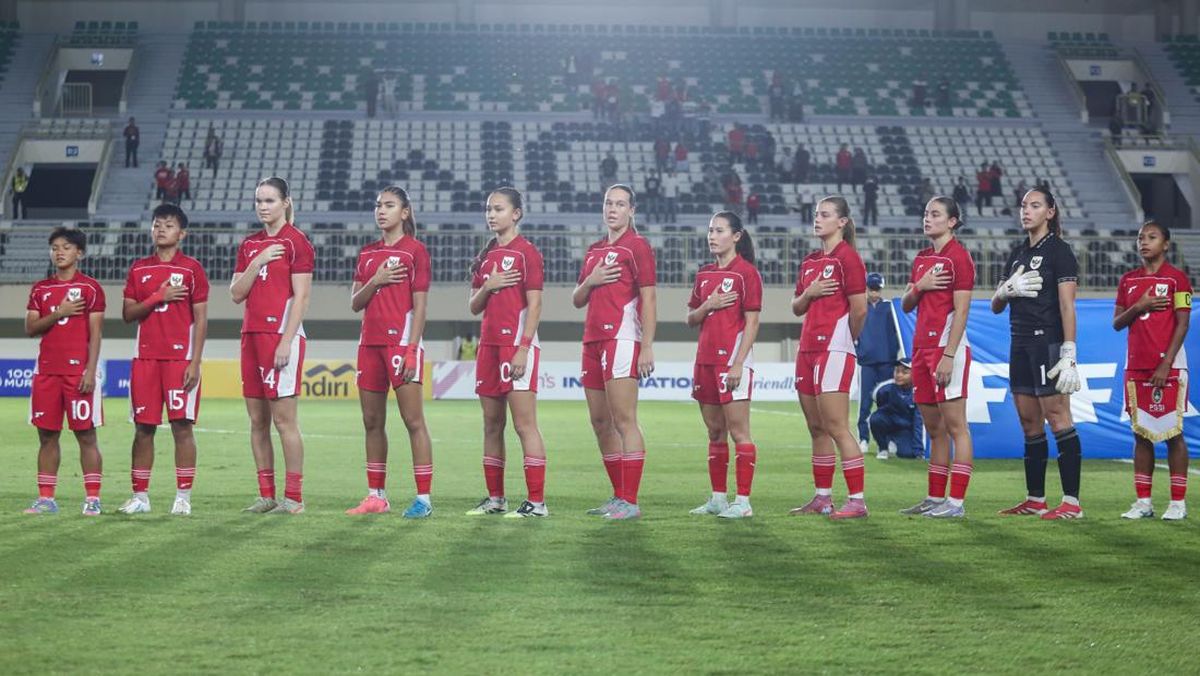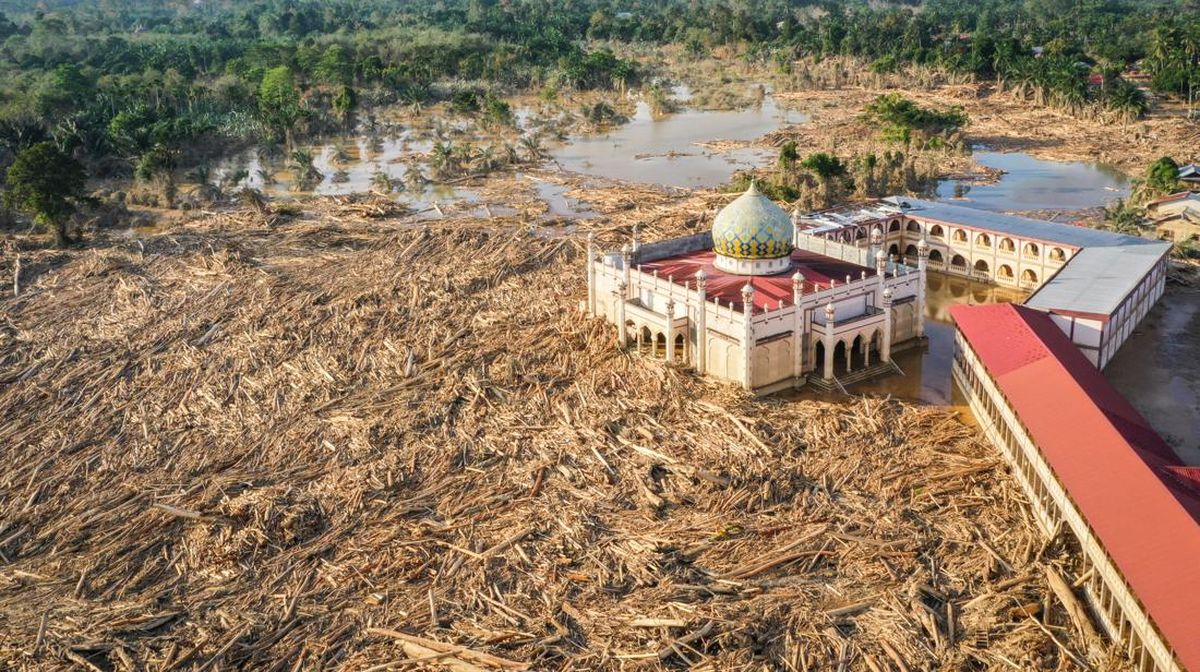Big tech offer opt-out for writers, musicians, news as artists descend on Canberra
Tech giants are prepared to offer media outlets and artists the chance to opt out from a contentious plan to give artificial intelligence firms free access to Australian content as a delegation of authors and musicians descends on Canberra to fight the prospect of their work being mined and mimicked.
While authors including Thomas Kenneally and Anna Funder and musicians including rapper Briggs will appear at Tuesday’s parliamentary inquiry into AI and the arts, Open AI and the Tech Council of Australia have not yet confirmed they will attend.

Thomas Kenneally will argue against the AI copyright proposal at a parliamentary hearing on Tuesday. Credit: Oscar Colman
Debate on the proposal was sparked in August when the Productivity Commission suggested a “text and data mining” exemption from copyright restrictions as local AI players try to build an Australian industry.
Keneally told the Australian Financial Review last month that the Productivity Commission did not care about Australian culture, arguing the copyright proposal amounted to “life or death stuff”.
“That’s the way writers think of this. For the ones who know it’s on, it is ‘to the barricades’,” he said.
The Tech Council of Australia has championed the exemption from copyright, but its chief executive, Damian Kassabgi, told this masthead the sector was open to a system in which creators could block their work from data mining and paywalled news articles could be automatically protected.
“The TCA is hopeful Australia can find a path forward on copyright that allows AI training to take place here while also including appropriate protections for creators who make a living from their work,” he said.
“There are already tech solutions that allow creators to opt out of having their data used in training. A combination of opt-out technologies and content deals, for example, could allow creators to choose when their content is used to train AI models and to benefit from that use.”
The Tech Council claims YouTube contributed more than $970 million to the Australian economy last year while Netflix, it said, has spent $1 billion on Australian content.
Loading
“Tech companies have to date created systems that enable artists to promote, increase clicks and discover new revenue streams, including through exposure for Australians to international audiences,” Kassabgi added.
Kassabgi’s outfit has been in talks with the government and the Australian Council of Trade Unions about a content-sharing deal.
Greens senator Sarah Hanson-Young said the copyright exemption issue would be a key focus of Tuesday’s hearing.
There is tension inside Labor over the exemption proposal, which is opposed by media outlets including this masthead’s owner Nine Entertainment. Former industry and science minister Ed Husic has criticised the proposal while backbencher Michelle Ananda-Rajah says tech firms should be allowed to use local content to enable Australia to catch the latest tech wave.
Hanson-Young said the digital giants were taking Australians for a ride.
“Not only are these AI companies already taking a lot of content for free, but they now want an exemption for having to pay for it,” she said.
“Its grand theft. We need to put a line in the sand for protecting Australia’s cultural sovereignty.”
Hanson-Young claimed Andrew Charlton, the assistant minister for science, technology and the digital economy, agreed with the tech companies.
“Inside the government, he is the tech guy and the big tech companies are using him as their chief advocate,” Hanson-Young said.
A spokesperson for Charlton rejected her claim.
“The government’s position is clear: we have no plans to weaken copyright protections,” they said. “We value the contribution of our creatives, artists, musicians and journalists.”
Cut through the noise of federal politics with news, views and expert analysis. Subscribers can sign up to our weekly Inside Politics newsletter.
Most Viewed in Politics
Loading

